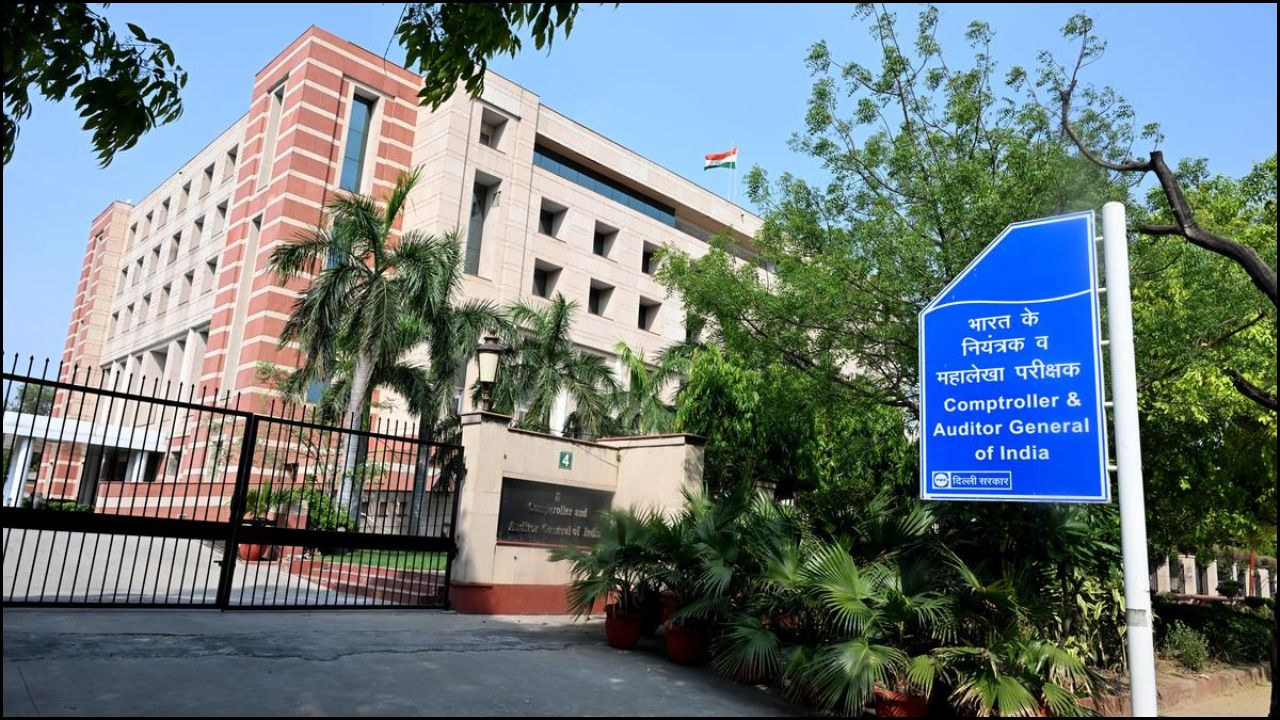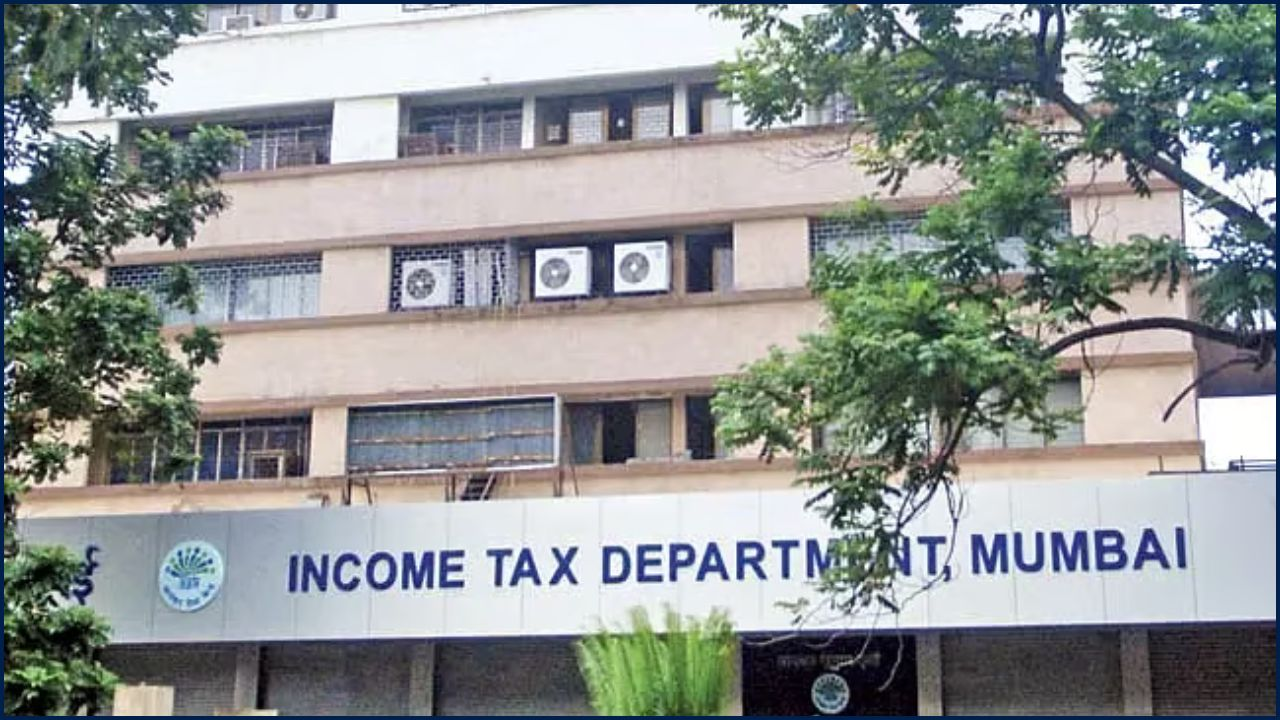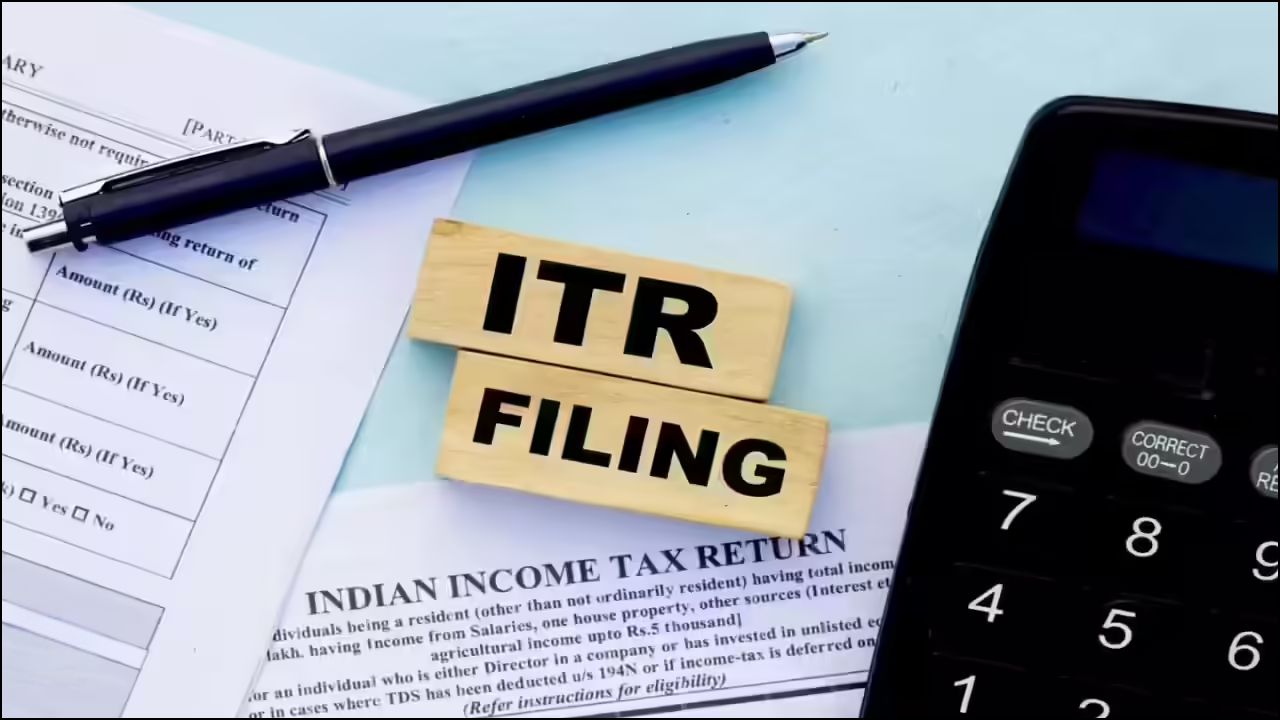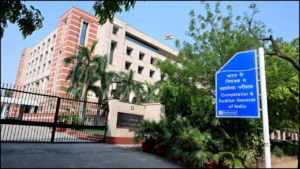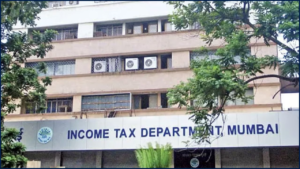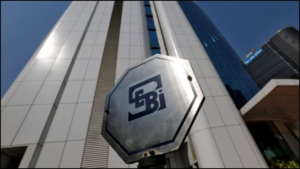
Indian digital publishers have urged the government to reintroduce the 6% equalisation levy on foreign technology companies. This demand follows the removal of the levy in April 2025, which publishers argue has created an uneven playing field, favoring global giants like Google, Meta, and Amazon over local players.
Indian Publishers Call for Equal Tax on Global Digital Giants
The Indian digital publishing industry has raised concerns over a growing disparity in the taxation of foreign digital platforms versus domestic publishers. The equalisation levy, a tax introduced in 2016 on online advertising services by foreign companies, was removed in April 2025. Now, domestic publishers are calling for its reinstatement, arguing that the withdrawal of the tax has tilted the competitive balance in favor of global digital giants such as Google, Meta (formerly Facebook), and Amazon.
Background: The Equalisation Levy
The equalisation levy was first introduced as part of India’s efforts to ensure that foreign digital companies contributed their fair share to the economy, especially in sectors where they generated significant revenue from Indian users without paying local taxes. Initially set at 6%, the levy applied to online advertising services, where major global players like Google and Meta have substantial market share.
The move was a response to concerns that international tech companies were capitalising on India’s growing digital market while avoiding taxes. In a bid to address these challenges, the Indian government also sought to bring more parity in the tax treatment of both domestic and foreign players in the digital space.
The Removal of the Levy: A Turning Point
However, in a shift reflecting India’s commitments to the Organisation for Economic Co-operation and Development (OECD) and the global tax framework, the government decided to abolish the levy in April 2025. This decision was part of India’s alignment with the OECD/G20 Inclusive Framework on base erosion and profit shifting (BEPS), which aims to standardise international tax rules and prevent tax avoidance by multinational corporations.
The removal of the tax, while aligning India with global standards, has left local publishers worried about the increasing dominance of foreign digital platforms. According to industry experts, the absence of the equalisation levy has provided these companies with a significant tax advantage, exacerbating the challenges faced by homegrown publishers.
The Digital News Publishers Association’s Appeal
The Digital News Publishers Association (DNPA), which represents many of India’s prominent digital media outlets, has formally urged the government to reconsider its decision. The DNPA argues that reinstating the equalisation levy is crucial for maintaining a fair and competitive digital publishing landscape in India. According to the association, the global tech giants continue to benefit from a tax-free environment, while Indian publishers are subject to local tax laws and regulations, placing them at a distinct disadvantage.
“The absence of this levy has exacerbated the difficulties faced by Indian digital publishers, especially smaller ones,” said a spokesperson for the DNPA. “Reintroducing the equalisation levy would level the playing field and help safeguard the growth of India’s own digital news ecosystem.”
Global Precedents: Other Countries Take Action
India is not alone in its concerns about the tax treatment of foreign digital companies. Several countries, including France, the United Kingdom, Italy, and Spain, continue to impose similar digital services taxes on global platforms. These nations argue that digital giants, which generate significant revenue from local consumers, should pay taxes in the countries where the value is created.
In 2023, France increased its digital tax rates to ensure that large tech companies contribute more to the national economy. Similarly, the UK government has been outspoken about its stance on taxing multinational corporations operating within its borders, emphasizing the importance of fairness in the digital economy.
Government Response: Will India Reinstate the Levy?
As of now, the Indian government has yet to respond publicly to the DNPA’s appeal. The debate surrounding the equalisation levy is part of a broader global conversation about taxing multinational tech companies, and the outcome will likely have significant implications for both India’s digital media sector and the country’s relations with global tech firms.
The government’s decision will not only affect the tax landscape but could also have long-term consequences for India’s digital economy. A potential reinstatement of the levy could provide much-needed support to local publishers, fostering a more sustainable and equitable digital ecosystem.
The Future of India’s Digital Publishing Landscape
As digital publishing continues to grow in India, addressing the tax challenges faced by local players will be crucial for ensuring a fair and balanced market. The reintroduction of the equalisation levy could be a significant step toward achieving this balance. However, any such move would require careful consideration of international trade agreements and global tax frameworks.
While the Indian government navigates these complex issues, publishers and tech companies alike are watching closely, as the final decision could shape the future of digital publishing in India for years to come.


